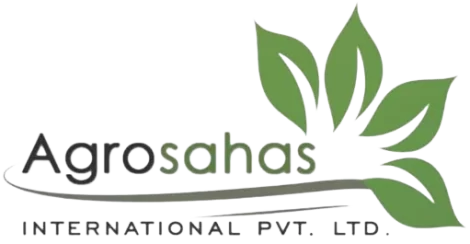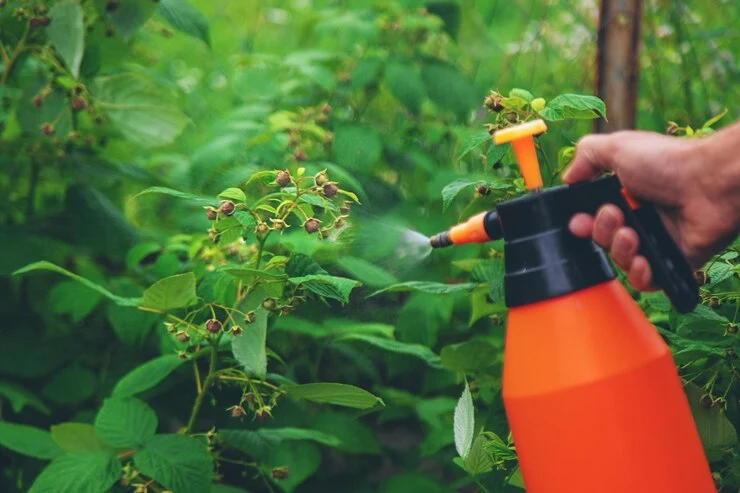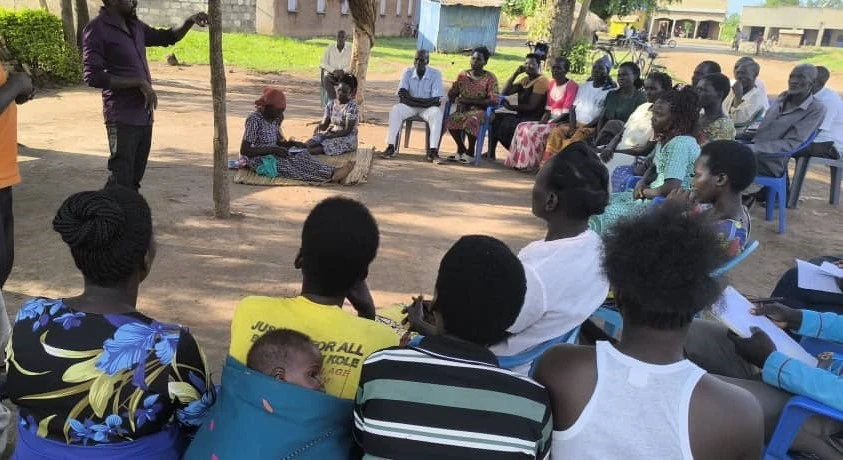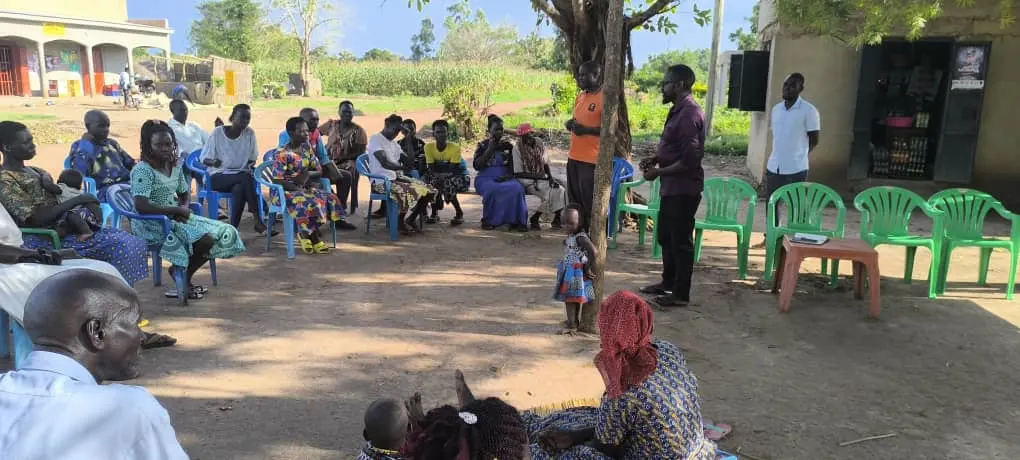In the face of growing environmental concerns, sustainable pest management has become a critical aspect of modern agriculture. Agrosahas International PVT LTD is at the forefront of promoting eco-friendly pest control methods that not only protect crops but also preserve the environment. This blog explores the sustainable pest management techniques endorsed by Agrosahas and their benefits for farmers and the ecosystem.
What is the Ecological Approach to Pest Management?
The ecological approach to pest management involves using natural and sustainable methods to control pest populations. This strategy emphasizes the balance between pests and their natural enemies, promoting a healthy ecosystem that minimizes the need for chemical interventions. Key components include:
- Biological Control:
Utilizing natural predators, parasites, and pathogens to control pest populations.
Encouraging biodiversity to create a balanced ecosystem where pests are naturally regulated.
- Cultural Practices:
Implementing crop rotation, intercropping, and other agricultural practices that disrupt pest life cycles.
Enhancing soil health and plant vigor to make crops less susceptible to pests.
- Mechanical and Physical Controls:
Using barriers, traps, and manual removal to manage pests without chemicals.
Employing techniques like mulching and tillage to reduce pest habitats.
- Chemical Controls:
When necessary, using organic and biopesticides that have minimal environmental impact.
Applying chemicals in a targeted and judicious manner to minimize harm to beneficial organisms.
What Are the Four Management Approaches to Pest Management?
- Prevention:
Implementing practices that prevent pests from becoming a problem.
Ensuring proper sanitation, using pest-resistant varieties, and maintaining healthy crops.
- Monitoring:
Regularly inspecting crops for signs of pests and assessing population levels.
Using traps and other monitoring tools to detect pest presence early.
- Threshold Levels:
Establishing economic thresholds to determine when pest control actions are necessary.
Avoiding unnecessary treatments by only intervening when pest populations reach a level that threatens crop yields.
- Control:
Applying appropriate control methods, starting with the least disruptive options.
Combining multiple strategies to manage pests effectively while minimizing environmental impact.
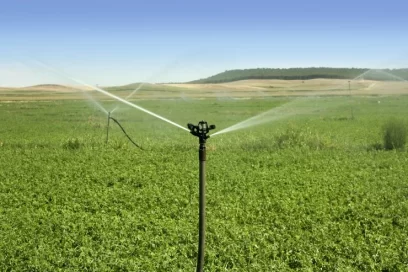
What is Eco-Friendly Pest Control?
Eco-friendly pest control refers to methods that manage pest populations with minimal adverse effects on the environment, human health, and non-target organisms. These practices focus on long-term prevention and control rather than immediate eradication, fostering a sustainable agricultural system. Key aspects include:
- Use of Natural Predators: Encouraging beneficial insects and animals that prey on pests.
- Biopesticides: Employing naturally derived pesticides that are less toxic and degrade more quickly than synthetic chemicals.
- Integrated Pest Management (IPM): Combining multiple strategies to manage pests in an environmentally responsible way.
What Are Biopesticides and Eco-Friendly Approaches for Pest Control?
Biopesticides are derived from natural materials such as plants, bacteria, fungi, and certain minerals. They are an essential component of eco-friendly pest control due to their targeted action and lower environmental impact. Types of biopesticides include:
- Microbial Pesticides:
Contain microorganisms like bacteria, fungi, or viruses that target specific pests.
Example: Bacillus thuringiensis (Bt), a bacterium used to control caterpillar pests.
- Plant-Incorporated Protectants (PIPs):
Plants genetically modified to produce pest-resistant compounds.
Example: Bt cotton, which produces a bacterial toxin harmful to certain insect pests.
- Biochemical Pesticides:
Naturally occurring substances that control pests through non-toxic mechanisms.
Example: Insect pheromones used to disrupt mating patterns.
- Botanical Pesticides:
Derived from plants with insecticidal properties.
Example: Neem oil, which is effective against a variety of pests.
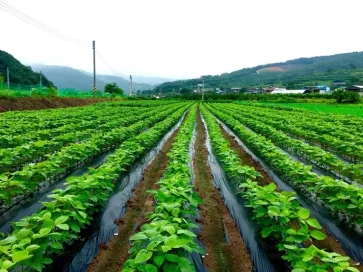
Agrosahas’ Sustainable Pest Management Initiatives
Agrosahas International PVT LTD champions several sustainable pest management initiatives designed to help farmers protect their crops while preserving the environment. These initiatives include:
- Education and Training:
Providing farmers with knowledge and skills to implement sustainable pest management practices.
Conducting workshops and field demonstrations on eco-friendly pest control techniques.
- Access to Resources:
Supplying farmers with biopesticides and natural predators to reduce reliance on chemical pesticides.
Facilitating the distribution of pest-resistant crop varieties.
- Research and Development:
Investing in the development of new biopesticides and sustainable pest control methods.
Collaborating with research institutions to promote innovative solutions.
- Monitoring and Support:
Assisting farmers in monitoring pest populations and making informed decisions about pest control.
Offering technical support to ensure effective implementation of integrated pest management strategies.
Conclusion
Sustainable pest management is crucial for the future of agriculture, and Agrosahas International PVT LTD is committed to leading the way in eco-friendly pest control. By promoting natural and sustainable methods, Agrosahas helps farmers protect their crops, enhance biodiversity, and reduce environmental impact. Through education, resource provision, and ongoing support, Agrosahas empowers farmers.
